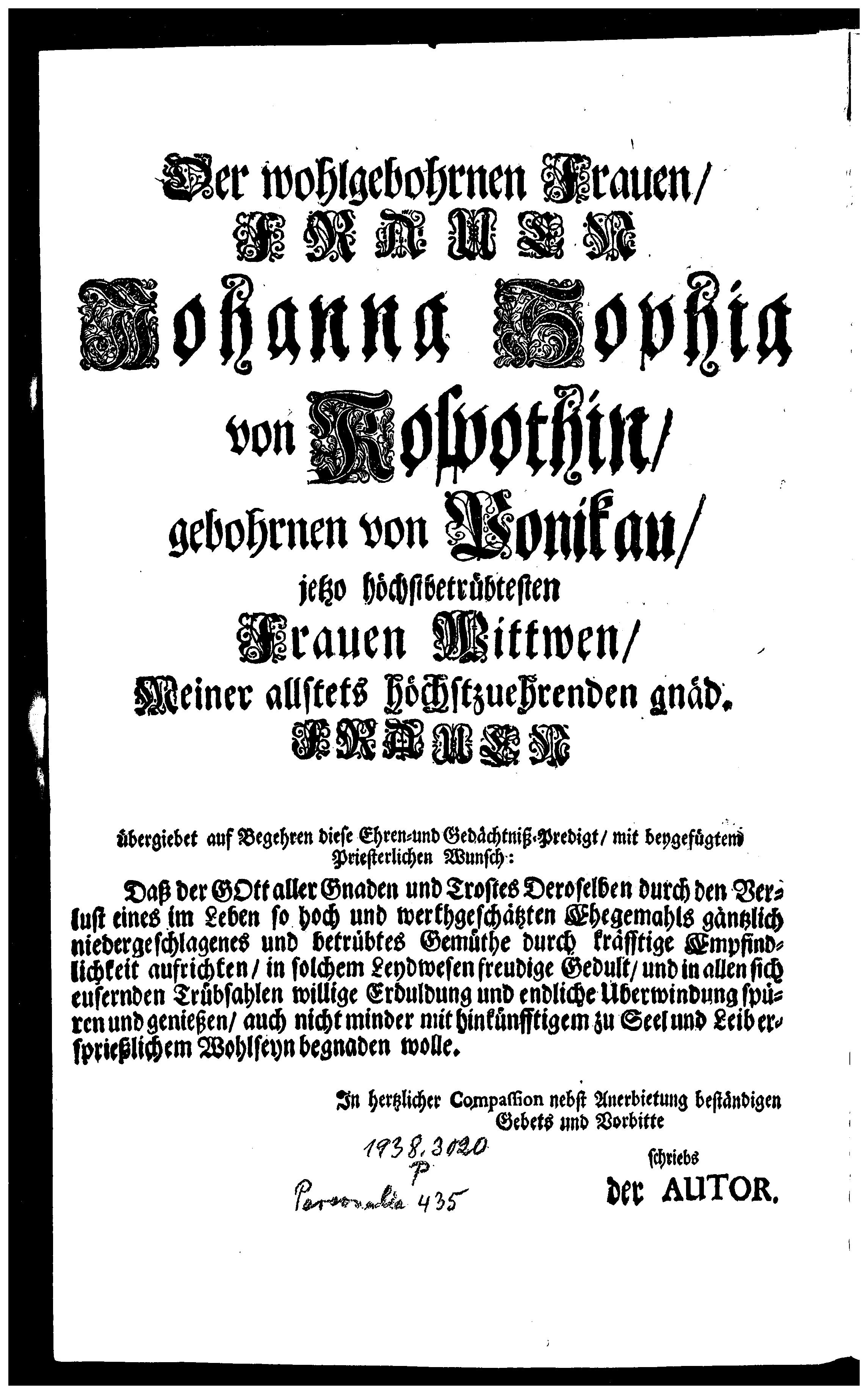3.4 KiB
sbb_binarization
Document Image Binarization




Installation
Python 3.8-3.11 with Tensorflow <2.13 are currently supported. While newer versions might also work, we currently don't test this.
You can either install from PyPI via
pip install sbb-binarization
or clone the repository, enter it and install (editable) with
git clone git@github.com:qurator-spk/sbb_binarization.git
cd sbb_binarization; pip install -e .
Alternatively, download the prebuilt image from Dockerhub:
docker pull ocrd/sbb_binarization
Models
Pre-trained models can be downloaded from the locations below. We also provide models and model cards on 🤗
| Version | Format | Download |
|---|---|---|
| 2021-03-09 | SavedModel |
https://github.com/qurator-spk/sbb_binarization/releases/download/v0.0.11/saved_model_2021_03_09.zip |
| 2021-03-09 | HDF5 |
https://qurator-data.de/sbb_binarization/2021-03-09/models.tar.gz |
| 2020-01-16 | SavedModel |
https://github.com/qurator-spk/sbb_binarization/releases/download/v0.0.11/saved_model_2020_01_16.zip |
| 2020-01-16 | HDF5 |
https://qurator-data.de/sbb_binarization/2020-01-16/models.tar.gz |
With OCR-D, you can also use the Resource Manager, e.g.
ocrd resmgr download ocrd-sbb-binarize "*"
Usage
sbb_binarize \
-m <path to directory containing model files> \
<input image> \
<output image>
Note: the output image MUST use either .tif or .png as file extension to produce a binary image. Input images can also be JPEG.
Images containing a lot of border noise (black pixels) should be cropped beforehand to improve the quality of results.
Example
sbb_binarize -m /path/to/model/ myimage.tif myimage-bin.tif
To use the OCR-D interface:
ocrd-sbb-binarize -I INPUT_FILE_GRP -O OCR-D-IMG-BIN -P model default
Testing
For simple smoke tests, the following will
-
download models
-
download test data
-
run the OCR-D wrapper (on page and region level):
make models make test
